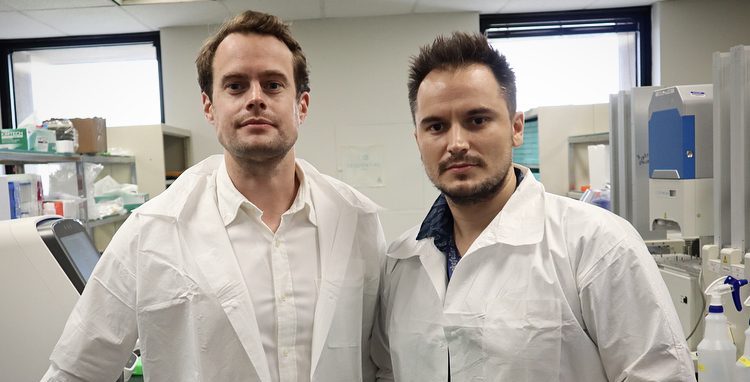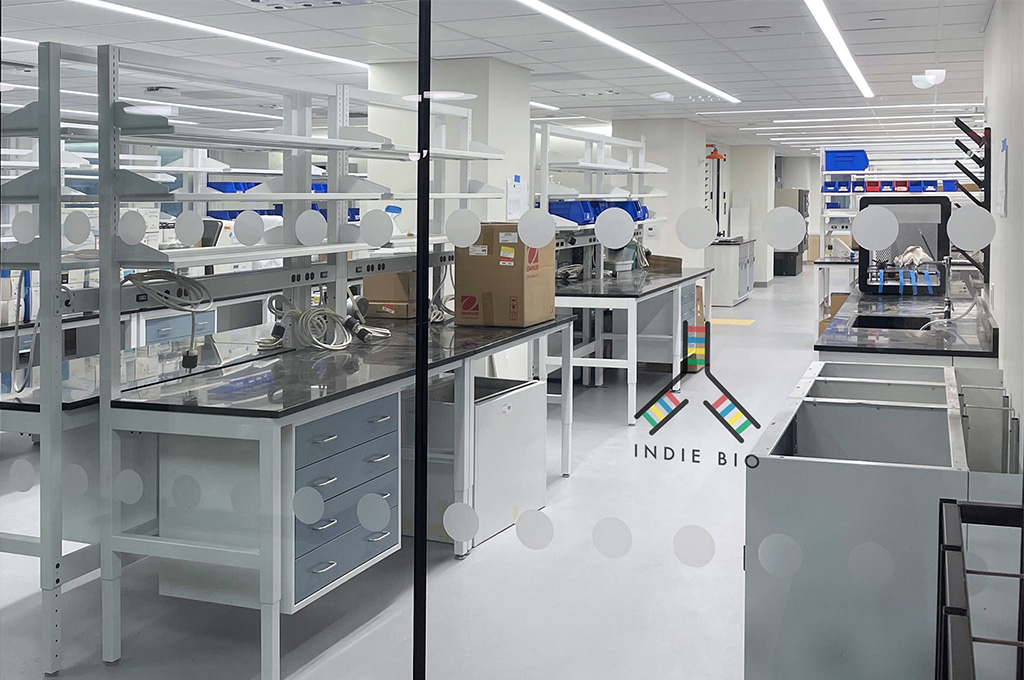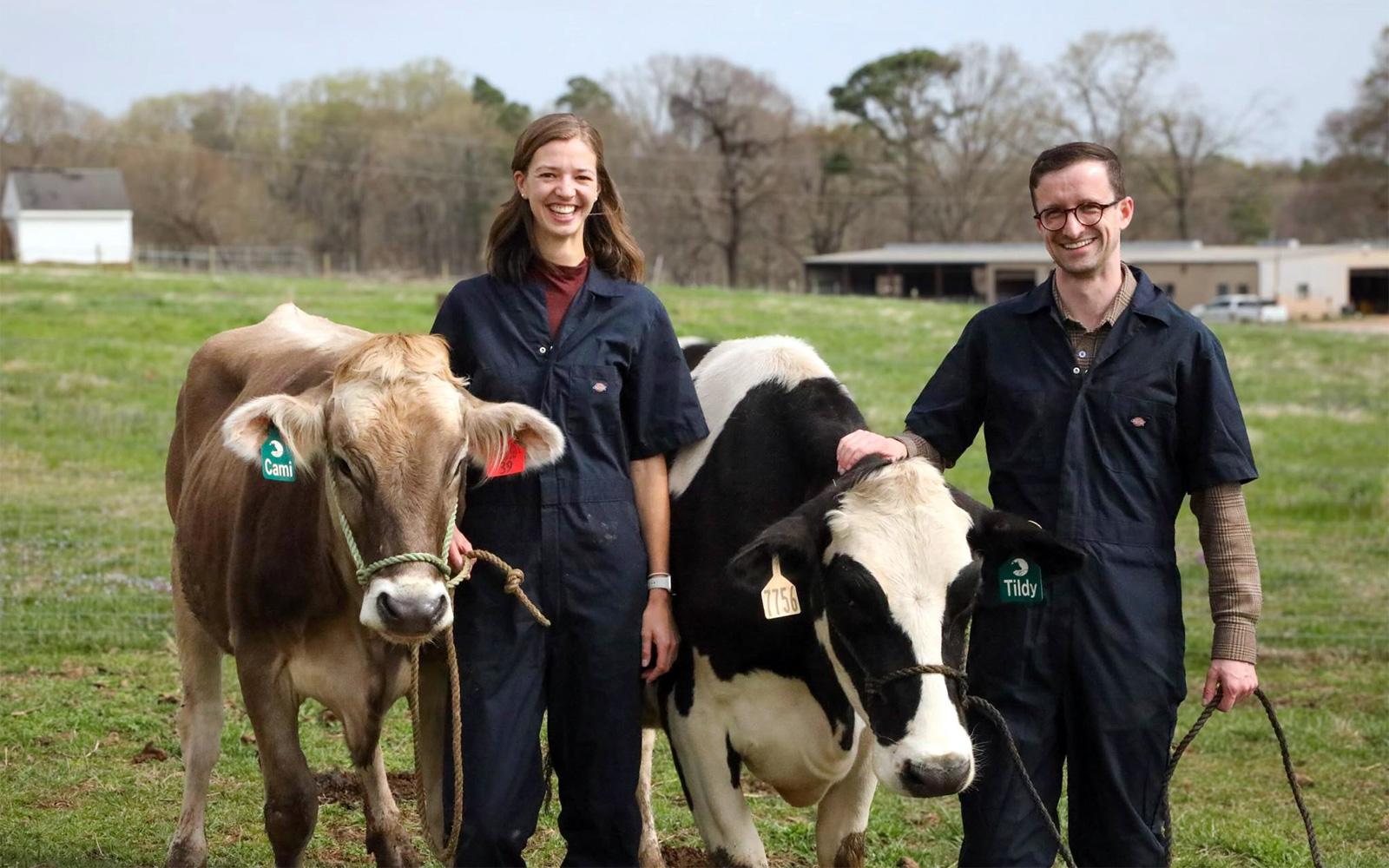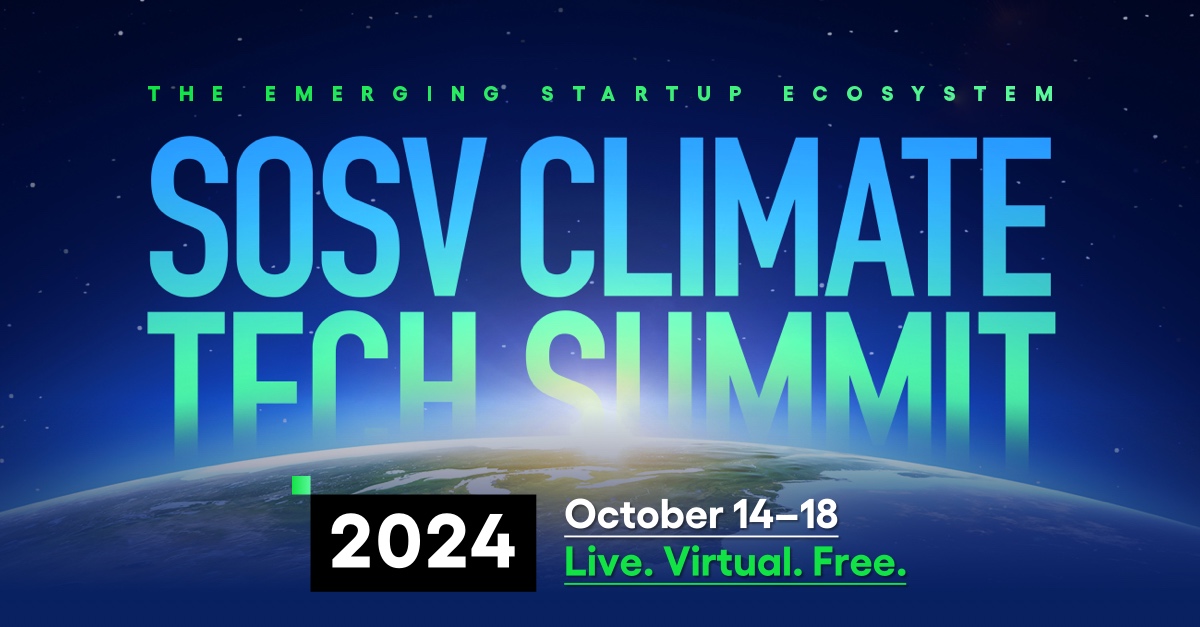
Sequential Skin uses their unique at-home test to provide the world’s first truly personalized skin care. Their test considers both the human genetics and the skin microbiome to generate a report tailored to the individual. Years of research have indicated that the skin microbiome, and specifically the diversity (how many different types of microorganisms), are correlated with skin health, and further that microbiome diversity is influenced by a number of genetic and environmental factors.
After using the Sequential Skin test, customers receive a personalized skin care regimen, including a face mask containing all the ingredients necessary for personalized optimal skin health.
Watch Sequential Skin at IndieBio New York Class Two Demo Day
We spoke with Sequential Skin CEO Oliver Worsley to gain insight into his technology and motivation in building his startup.
How did you recognize a need for Sequential Skin’s technology?
One of our key insights was recognizing that most skin tests are clinical, so they require a swab or saliva test. We want to revolutionize that. We bring a patch that is simple to use and isn’t associated with a hospital or clinic to customers, to enable that information in a really simple way.
Our other insight was due to being based in Singapore, the heart of Asia which is very multicultural, and seeing there is a hugely underrepresented group of people around the world that don’t have the important health information about their genetics and skin microbiome. Because of the decreasing costs of sequencing, we are finally at a point where we can collect this information in a cost-effective way, using technology to improve skin health for anyone.
How did you develop your go-to-market strategy?
Sequential Skin has so far used a B2B model, where we help companies validate their new skincare products, improving skin microbiome claims. Speaking at conferences has initiated connections with many companies in this space and showcased what we are doing. They then approached us to ask us to test the effects of their products on the skin microbiome.
Though B2B isn’t the entire vision of sequential skin, it’s been really useful for us to use the kit with the individuals working with the companies to test their products. It’s been a good way to both bring revenue and refine the technology. We are lucky to have that.
What do you think is the key differentiator comparing to others that are in that space
There is no other company looking at both human genetics and the skin microbiome for the purposes of skin care or skin health. That alone makes Sequential Skin standout from others in this space. The expertise of our team, having 3 Ph.D. scientists in genetics and the microbiome, has been really key for us as well.
We have also been very lucky in terms of timing: the skincare industry is shifting to more personalized care, and we are hoping to ride that wave to help these customers in that space.
What have you found most rewarding about entrepreneurship?
During the pandemic, we had a lot of time. We couldn’t go into the lab—that forced us to be at home, sharing these reports with friends and family and ensuring the science we are communicating is useful for consumers. We put a lot of attention on customer experience, and it’s been really rewarding.
Above all though, it’s most rewarding when customers come back and say, “I have been using this product. It’s really amazing and I really feel the difference in the quality of my skin. This really changes things.” I had a customer reach out the other day saying, “the products you gave me, I am still using them.” This is a year later! What’s most rewarding is to see the science being used for the intended translation and the whole process working really nicely.
How do you predict that skin health will change in the next 10 years? How will this affect the broader medical field?
We talk about this a lot within the Sequential Skin team. Did you know 70% of consultation can be done in a telemedicine way? And it’s estimated that after this pandemic, 30% of these consultations will take place in some sort of tele-arena. We see that being accelerated in 10 years, to the point where everything can be done at home.
Imagine: you have a kit that arrived. You perform the test and then your doctor is on the call with you. Everything is prescribed and treated through that tele-system. In this future, you wouldn’t have to go and wait in long waiting queues to see a doctor, and you don’t have the risk of being exposed to something else in the clinic or the hospital. I think everything will be completely remote. So, we are building this at-home test and refining the process to make it as simple as possible. I think that is here to stay.
Microbiomes are generally the forgotten organ. But in the future, everything is going to be targeted around the microbiome, whether it’s to treat neurological or skin conditions; instead of using generic and often systemic drugs, the microbiome will be the focus of targeted therapeutics.




